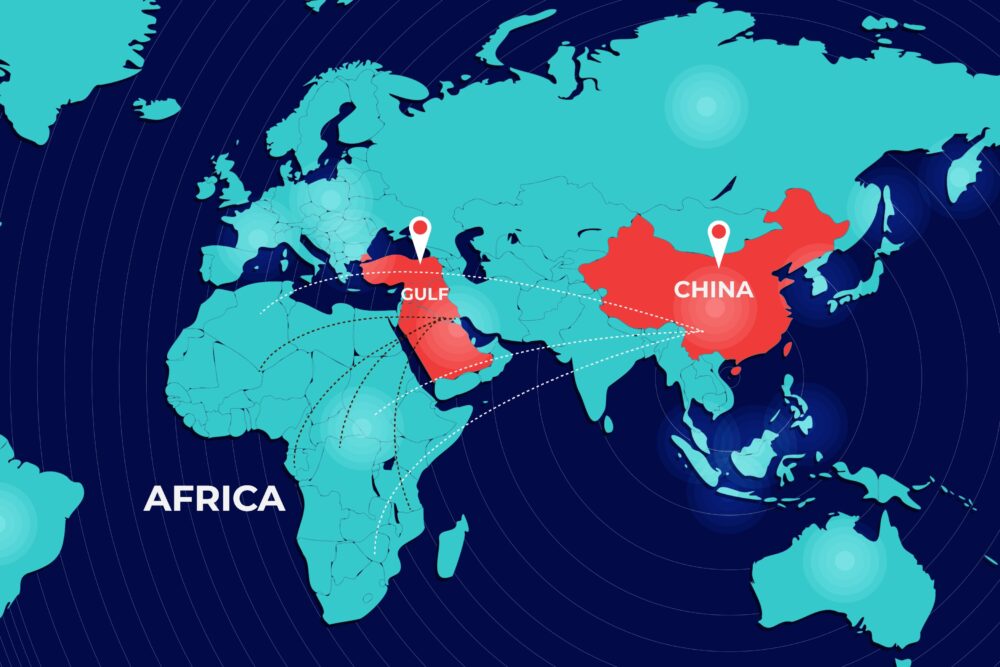According to a Nepal Rastra Bank study, the four-month long lockdown between March 24 and July 21 forced 61 percent of businesses to close down completely. POST FILE PHOTO
Commercial banks across the country have started to take in applications from borrowers to avail of the subsidised loans.
Commercial banks across the country have started to take in applications from borrowers to deliver them refinance facilities. The refinance facility has been introduced by the central bank to assist businesses affected by Covid-19 under the provision made in the monetary policy for the current fiscal year 2020-21.
The facility subsidises the interest rate for borrowers and is to be available for six months, with an option of extension of six months.
As per the policy, exports and sick industries as well as other sectors will get special refinancing facilities at a maximum 3 percent interest rate, while micro, cottage and small industries will get credit at a maximum 5 percent interest rate.
After the central bank called applications on August 17, with a deadline of one and half months, commercial banks have started to collect applications from their borrowers.
As per the central bank notice, the sectors that have been worst affected and the sectors which have faced middle-level impact can apply for the facility.
As per the monetary policy, the central bank has promised to provide 70 percent of refinance support by collecting applications collectively from the borrowers.
Under this facility, refinancing of up to Rs50 million will be available for each customer. For bigger projects, such as hydropower projects, the central bank has made the provision of providing 20 percent of total refinance amount. A borrower can get up to Rs200 million under this window. The amount is expected to differ on a case to case basis.
To microfinance institutions, the central bank will channelise 10 percent of the total refinance fund.
“Under the first window, a fund of around Rs112 billion will be available for refinancing,” said Dev Kumar Dhakal, chief of the regulations department at the central bank.
However, as local authorities across the country have continued to maintain prohibitory orders amid Covid-19 risks, a majority of banks are providing services by operating limited branches with a limited number of employees.
A total of 110 branches out of 240 branches have remained closed, according to the state-owned bank.
“Our branches across the country are collecting the applications. But we have so far received few applications, as nearly half of the branches are closed,” said Kiran Kumar Shrestha, chief executive officer at the Rastriya Banijya Bank, a government-owned bank.
Shrestha says that once prohibitory orders are eased, the bank will receive a large number of applications, as many businesses have been badly affected by the pandemic.
Similarly, the Himalayan Bank has also started collecting the applications. “We have been receiving applications from across the country, but I am not sure how many applications have been received,” he said. He said that the applications would be processed according to first come first serve basis.
Some other banks have also issued a notice asking borrowers to apply for the facility. For example, Sanima Bank on Friday issued a notice asking its borrowers to submit applications by September 15. Likewise, Siddhartha Bank, in a notice on Friday, has sought applications from its borrowers by September 13.
As per the central bank’s notice, the tourism sector, including travel, hospitality and aviation sector, movies and theatres, poultry, livestock, fishery, handicrafts and readymade garment, among others, are the most affected sectors.
Likewise, the sectors which faced middle-level impact—such as schools, transportation services, beauty parlours, legal and engineering firms, construction industry, pharmaceutical industries, fitness centres, media houses and hydropower projects others—will also get the refinance facility.
In order to provide the subsidised loans, the central bank will make available resources to commercial banks at low (at 1,2 and 3 percent) interest rates.
As the country went under complete lockdown for nearly four months, these sectors were massively affected. Now, as local governments have implemented prohibitory orders, these sectors are expected to suffer more.
According to the central bank study, the lockdown forced 61 percent of businesses to close down completely, causing a dire effect on the economy by rendering tens of thousands of people jobless and disrupting the production and supply chain.
Credit : The Kathmandu Post - Prithvi Man
Related Posts
The US has $36 trillion in debt. What does that mean, and who owns it?
On Sunday, a key congressional committee in the United States approved President Donald Trump’s new…
Anand Mahindra on India becoming 4th largest economy: “For us to keep Rising, India needs…”
Mahindra Group chairman Anand Mahindra recently took to social media to acknowledge India’s achievement of becoming world’s…
Africa’s largest bauxite producer cancels 46 mining licenses amid sector reform
The action is part of Guinea’s sweeping sector-wide reform aimed at curbing regulatory violations, boosting…
Gulf states channel billions into Africa as China revamps financial model
Gulf sovereign wealth and private capital are moving swiftly to plug a growing gap in…








